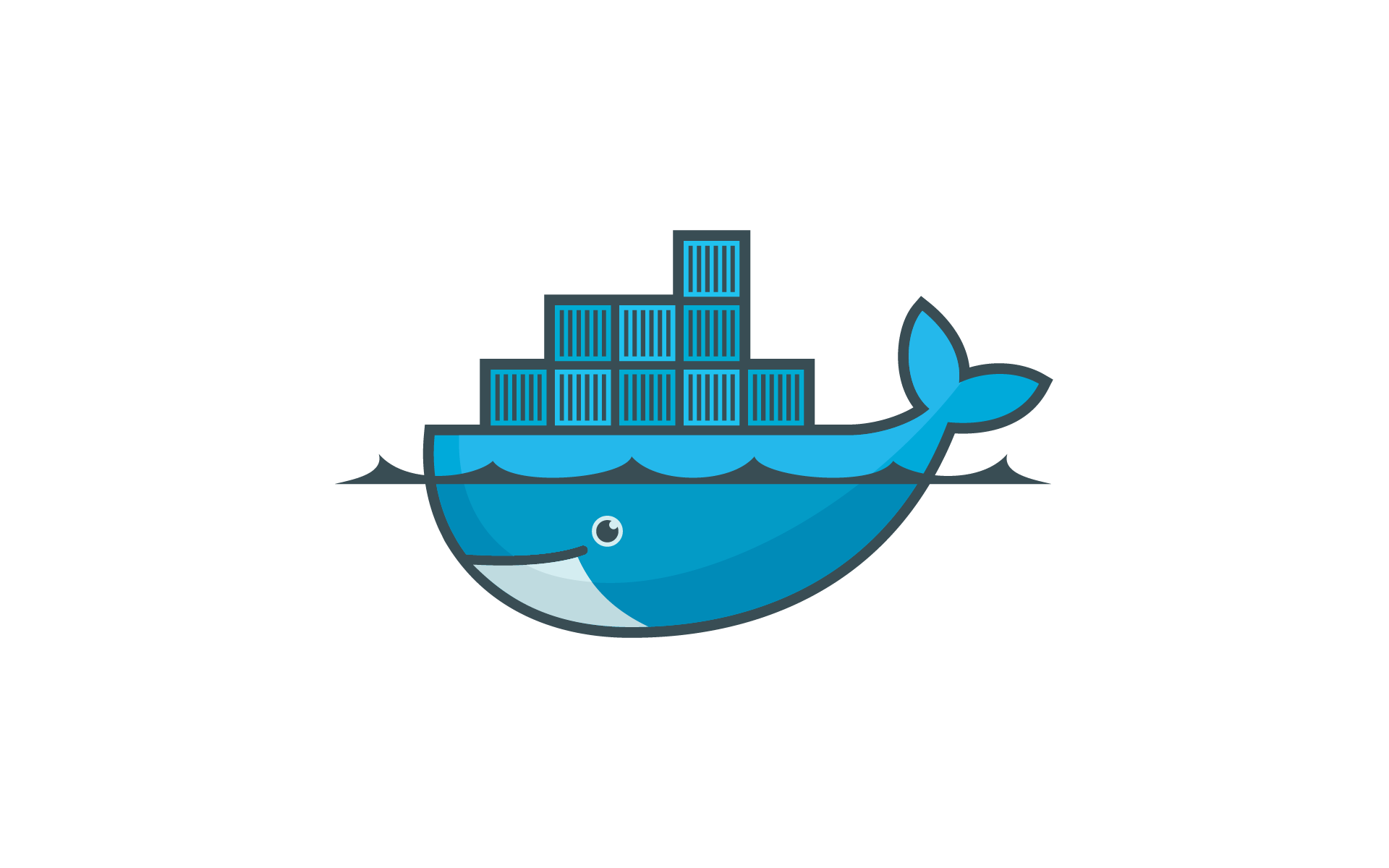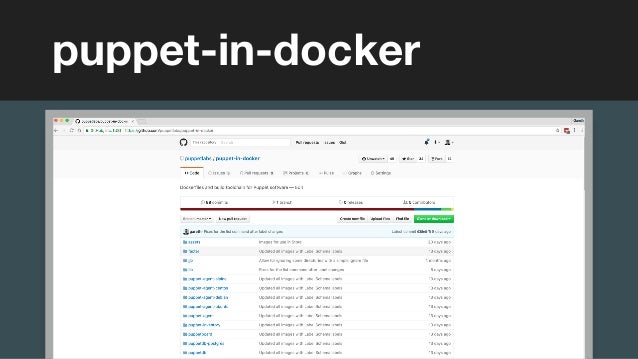

Sh -c 'echo "deb stable main" > /etc/apt//google.list' & \Īpt-get install google-chrome-stable -y -no-install-recommends & \įROM /lambda/nodejs:14.2022.09.09.11 Wget -quiet -output-document=- | gpg -dearmor > /etc/apt//google-archive.gpg & \ RUN apt-get update & apt-get install gnupg wget -y & \

# Note: this installs the necessary libs to make the browser work with Puppeteer. That's why we prefer Debian variants to make it easier.Įvery major version of Node.js in built over a version of Debian, and that Debian version comes with an old version of Chromium, which one could be not compatible with the latest version of Puppeteer.ĮNV PUPPETEER_SKIP_CHROMIUM_DOWNLOAD true Yeah, we can run Chromium using Alpine Linux, but we'll need a few extra steps to make it run. it's important to know what are the different between the available variants. we want to run a web browser inside a container. This is because it was tested with the latest Chromium stable release. If we use the Docker images for Node.js v14 LTS Gallium, when installing the chromium package from apt, it will be v90.0, which can have compatibility issues with the latest Puppeteer. This guide helps to use Puppeteer inside a Docker container using the Node.js image.

This is equivalent to running the docker run -d base /bin/sh -c "while true do echo hello world sleep 1 done" command to launch a Docker container managed by the local init system.Puppeteer is a Node.js library which provides a high-level API to control Chromium (or Firefox) browsers over the DevTools Protocol. To configure package sources independently and disable automatically including sources, add the following code to the manifest file: class To create the Docker hosted repository and install the Docker package, add a single class to the manifest file: include 'docker' Examples of these are documented in this README. It supports the latest Docker CE (Community Edition) for Linux based distributions and Docker EE(Enterprise Edition) for Windows and Linux as well as legacy releases.ĭue to the new naming convention for Docker packages, this module prefaces any params that refer to the release with _ce or _engine. The Puppet docker module installs, configures, and manages Docker from the Docker repository.

Reference - An under-the-hood peek at what the module is doing and how.Usage - Configuration options and additional functionality.


 0 kommentar(er)
0 kommentar(er)
